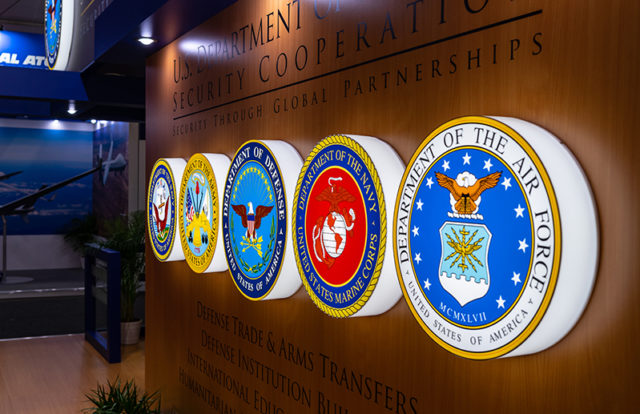
According to Ellen Lord, the Under Secretary of U.S. Defense for Acquisition and Sustainment, the Pentagon is currently working on a “Do Not Buy” list of software from vendors whose code originate from Russia and China.
Lord informed that the Pentagon had been working on the “Do Not Buy” list for the last six months, which is meant to assist the Department of Defense’s acquisitions staff and partners to avoid buying problematic codes from unreliable sources.
“What we are doing is making sure that we do not buy software that has Russian or Chinese provenance, for instance, and quite often that’s difficult to tell at first glance because of holding companies,” according to a Reuters report, while adding “we have identified certain companies that do not operate in a way consistent with what we have for defence standards”.
“It’s a huge education process,” Lord said.
According to Defense One, official have been working with intelligence community to identify “certain companies that do not operate in a way consistent with what we have for defense standard,” while adding that the department is focusing on one particular system and not around programs and weapons compromised by foreign software.
“If a U.S.-based company wants to go into China and facilitate and enlarge their business from a global perspective, they have to hand over source code and when they get online, they’re working with not only that company in China, but what — the PLA and the MSS, right?,” said William Evanina, who directs the National Counterintelligence and Security Center to Defense One. “So it’s an unfair playing advantage, and the metaphor I would use is: could you imagine if a company coming to do business in the U.S. had to deal with not only our government, but CIA, NSA, the Department of Commerce, Treasury, as well as maybe some U.S.-based oligarchs, right? It’s just foreign to us, but that’s part of the understanding that we need to have, the understanding that when they globalize their goods and services, that we’re at an unfair advantage in those countries,” Evanina said.





















